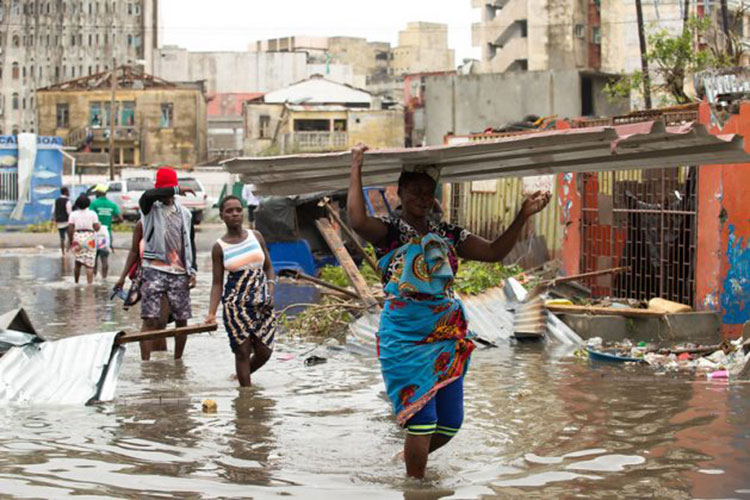The International Trade Union Confederation (ITUC) participated in the 62nd UN Commission on Social Development on 8 February 2024. During the session, ITUC deputy-president Cathy Feingold outlined trade unions’ perspectives on ensuring a world that leaves no one behind. Most of her proposals were well reflected in the resolution of the Commission.
The resolution emphasises the importance of statutory minimum wages and labour protections for all workers. It recognises the importance of promoting social dialogue to provide adequate labour protection for all workers.
Gender equality emerges as a cross-cutting matter, with provisions addressing the gender pay gap and barriers to women’s full participation in the workforce. Moreover, the resolution states that gender-based violence is “incompatible with decent work” and “a threat to equal opportunities”.
Additionally, the Commission calls for the recognition, reduction, and redistribution of unpaid care and domestic work to address historical inequities and promote gender equality.
Considering technological advancements, the resolution recognises the importance of lifelong learning and skills development policies for workers, “designed with the support of social partners”. Moreover, the resolution stresses that technology must “generate productive employment and decent work”, including by establishing legal frameworks to determine “the employment status of digital platform workers” and protect their rights.
The necessity of comprehensive social protection systems is also underscored in the resolution. The Commission urges governments to ensure that “everyone has access to comprehensive, adequate, progressive and sustainable social protection over the life course“, and advocates for universal, gender-responsive, and family-oriented social protection systems.
The need to finance these measures is also included in the resolution. The Commission proposes “strengthening international cooperation to provide necessary financial assistance, technical support and capacity-building to developing countries for attaining SDGs related to social development, by creating full and productive employment and decent work for all”, including through the promotion of progressive tax systems.
Looking ahead, this resolution will contribute to shaping the discussions of the World Social Summit 2025, titled “The Second World Summit for Social Development”. The event will offer an opportunity to address current gaps in implementing the 2030 Agenda.


